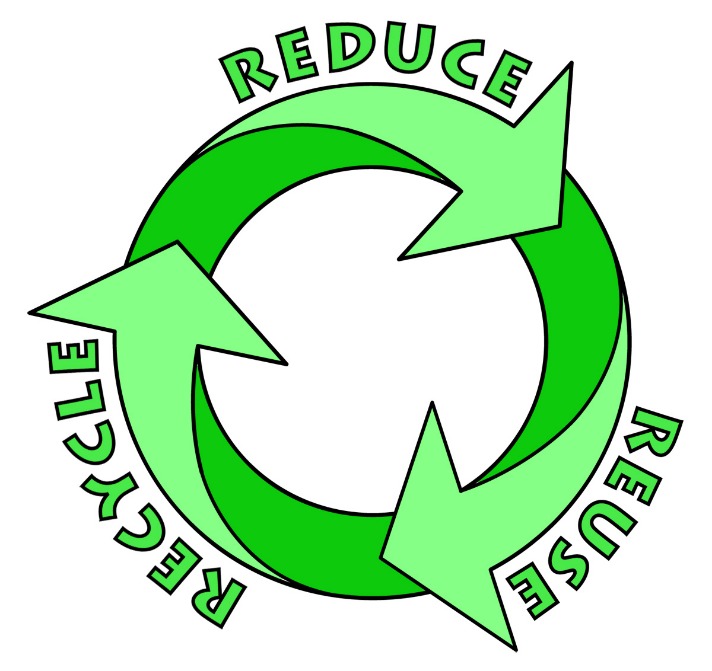Environmental challenges have pushed many nations to rethink their waste management strategies. In recent years, the UK’s approach, particularly through the EPR system, has drawn significant attention as a robust policy framework designed to promote sustainability and reduce waste.
What is Extended Producer Responsibility?
Extended Producer Responsibility, or EPR, is a policy mechanism that extends a producer’s responsibility for a product to the post-consumer stage of its lifecycle. By shifting the onus of waste management from the public sector to the producers, EPR aims to create an incentive for manufacturers to design more sustainable products and packaging.
The Evolution of EPR in the UK
The UK has been at the forefront of implementing EPR policies. The concept was first introduced to manage packaging waste and has since expanded to cover products like electronics, batteries, and vehicles. The Extended Producer Responsibility UK framework requires producers to finance the end-of-life management of their products, ensuring that they are recycled, reused, or disposed of in an environmentally friendly manner.
Benefits of the EPR System
The EPR system offers numerous advantages:
- Reduces the environmental impact of products by encouraging eco-design.
- Shifts waste management costs from taxpayers to producers.
- Promotes innovation in recycling and waste management technologies.
- Fosters a circular economy by ensuring products are kept in use for as long as possible.
For more in-depth information on how the UK is leveraging the EPR system to foster a sustainable future, visit the detailed article on epr UK.
Challenges and Future Directions
While the EPR framework has brought significant progress, it is not without challenges. Effective implementation requires robust monitoring and enforcement mechanisms. Additionally, there is a need for greater public awareness and participation to ensure optimal outcomes. The UK continues to refine its policies, learning from international best practices and technological advancements to address these issues.
Conclusion
The EPR system is a vital component of the UK’s strategy to manage waste sustainably. By holding producers accountable for the entire lifecycle of their products, the nation is paving the way towards a cleaner, more sustainable future. As policies evolve and new technologies emerge, the promise of a circular economy becomes increasingly attainable.



